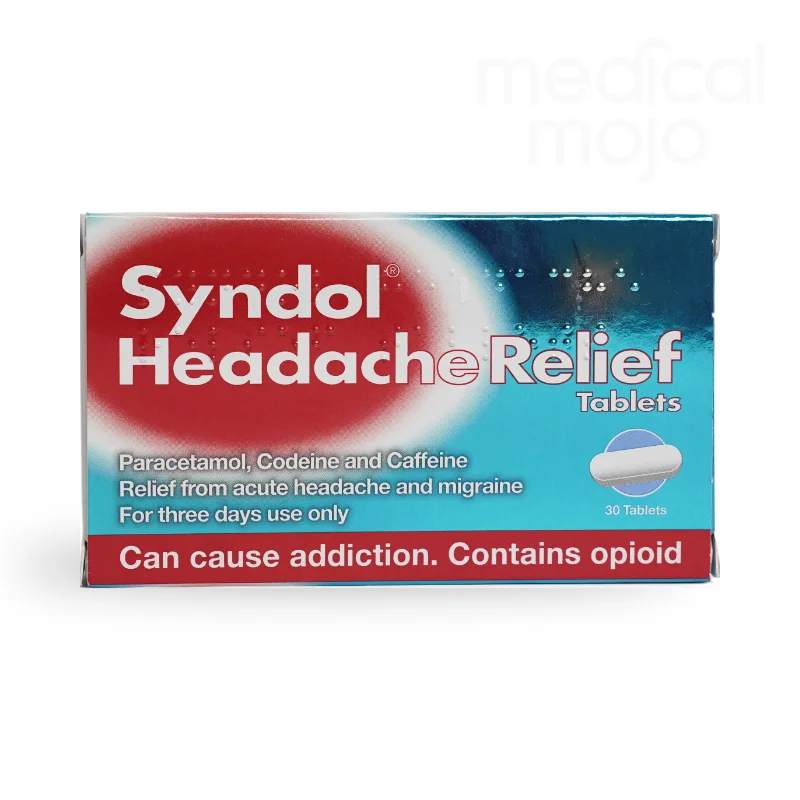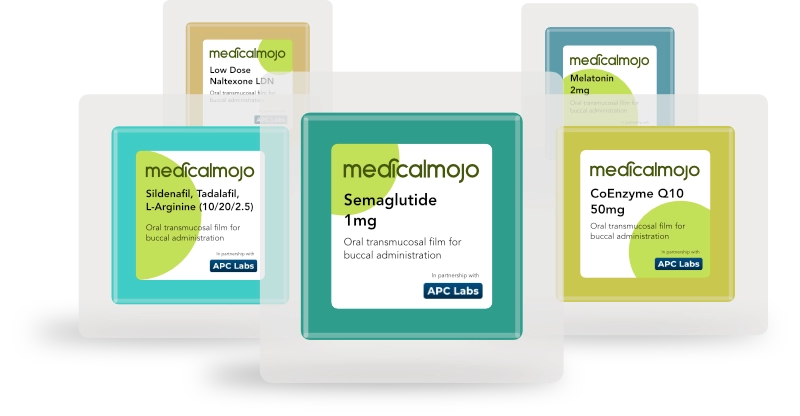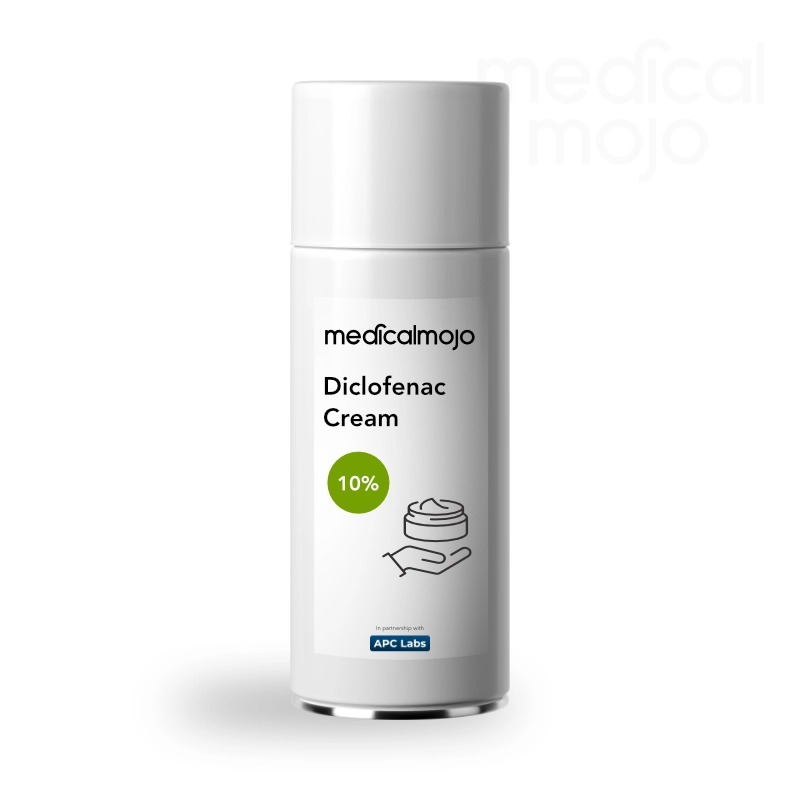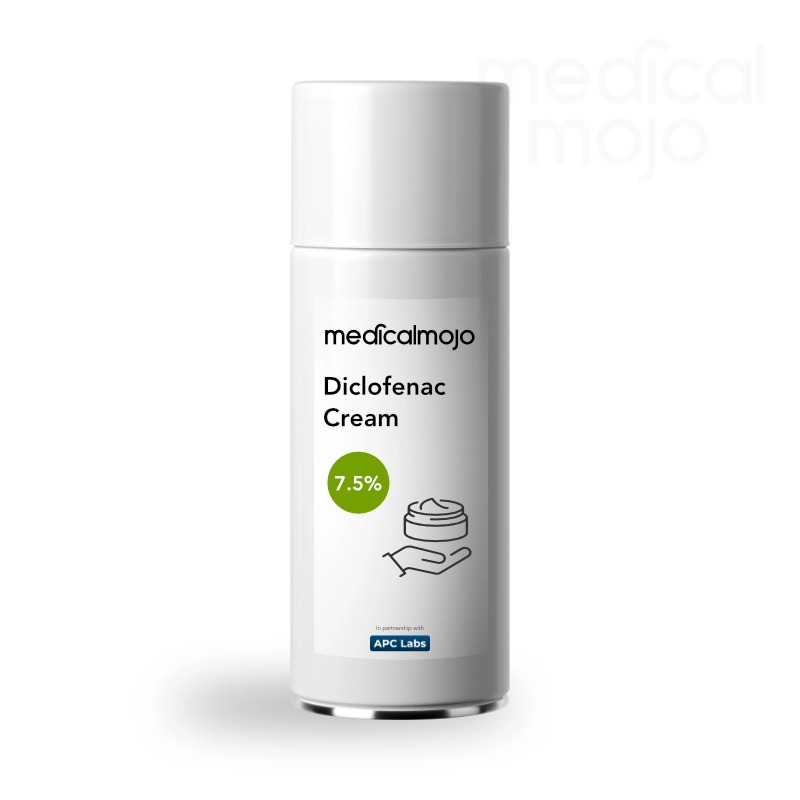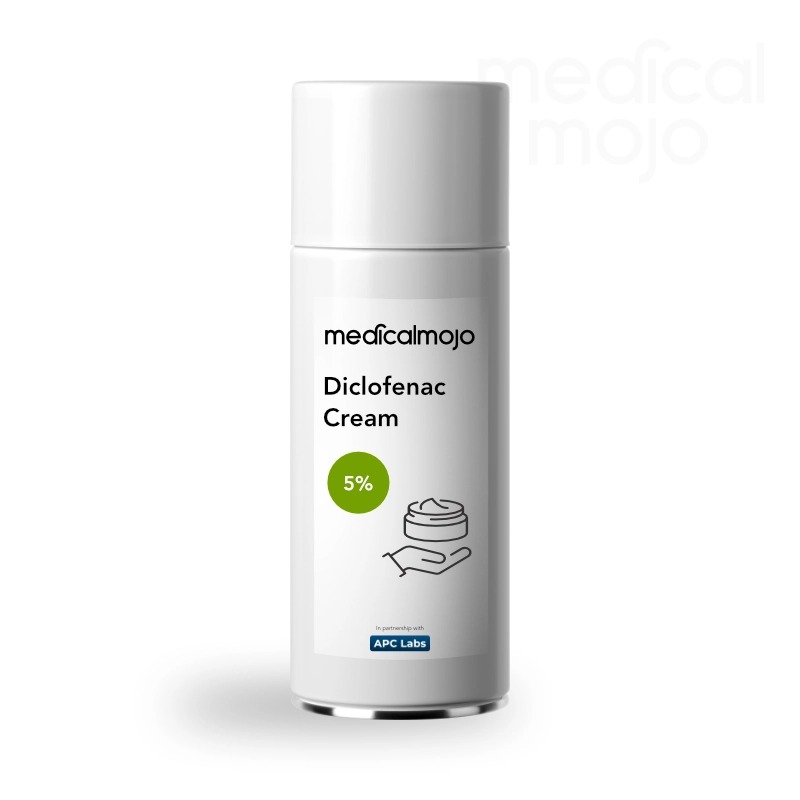What are Syndol Tablets?
Syndol Tablets are formulated to provide fast and effective short-term relief from pain when common over-the-counter painkillers, like paracetamol, have not been effective. Syndol targets mild to moderate pain caused by various factors, including headaches, migraines, neuralgia (nerve pain), period pain, toothache, and rheumatic aches and pains. With millions of people in the UK regularly suffering from headaches and migraines, Syndol offers a stronger, short-term solution for those whose pain is not adequately managed by standard pain relief tablets like paracetamol or ibuprofen.
What are Syndol Tablets used for?
Syndol Tablets are intended for short-term relief of acute pain, such as headaches, migraines, toothache, nerve pain, period pain, and muscle pain. There are two types of Syndol Tablets:
- Syndol Headache Relief Tablets: Contain paracetamol, codeine, and caffeine, specifically targeting mild to moderate pain from headaches and migraines.
- Syndol Original Pain Relief Tablets: Include a muscle relaxant called doxylamine, which helps alleviate tension headaches, muscle pain, toothache, period pain, and neuralgia.
Syndol should only be used when traditional painkillers, such as paracetamol, ibuprofen, or aspirin, are insufficient, and it is intended for short-term use (up to 3 days) due to the risk of addiction.
How does Syndol work?
Syndol Headache Relief tablets combine three active ingredients—paracetamol, codeine, and caffeine—to provide fast-acting, triple-action pain relief. Syndol Original adds a fourth ingredient, doxylamine, for additional muscle relaxation.
- Paracetamol reduces mild to moderate pain and fever by decreasing the production of prostaglandins, chemicals in the brain and spinal cord that trigger pain.
- Codeine is an opioid painkiller that mimics the action of endorphins, the body's natural pain-relievers, blocking pain signals to the brain.
- Caffeine acts as a mild stimulant, enhancing the pain-relieving effects of paracetamol and countering the drowsiness caused by codeine.
- Doxylamine in Syndol Original is a sedating antihistamine that also serves as an effective muscle relaxant, reducing tension headaches and muscle pain.
What are alternatives to Syndol Tablets?
Non-prescription alternatives for pain relief include:
- Ibuprofen
- Paracetamol
- Aspirin
- Topical treatments like ibuprofen gel
For migraines,
Migraleve Yellow and
Migraleve Pink tablets may be effective, as they combine pain relief with a substance that reduces nausea associated with migraines.
If Syndol does not effectively manage your pain within 3 days, consult your doctor or pharmacist.
Can I take Syndol Tablets with paracetamol?
No, you should not take Syndol with any other product containing paracetamol, as this could lead to an overdose, potentially causing serious liver and kidney damage. Always check the ingredients of any medicine you take alongside Syndol. If unsure, ask your pharmacist.
What are the ingredients in Syndol Tablets?
- Syndol Headache Relief Tablets: Paracetamol 500mg, Caffeine 30mg, Codeine Phosphate 8mg.
- Syndol Original Tablets: Additionally contain Doxylamine Succinate 5mg.
Other ingredients include povidone, maize starch, methylcellulose, talc, purified water, and calcium stearate, among others.
What should I be aware of before taking Syndol Tablets?
Do not take Syndol if:
- You are allergic to any of the ingredients.
- You have asthma, severe respiratory disease, alcoholism, or have had recent bile duct surgery.
- You suffer from paralytic ileus (a non-functioning bowel) or have recently had a head injury or raised skull pressure.
- You are pregnant or breastfeeding.
Consult your doctor if you have kidney or liver problems, an enlarged prostate, low blood pressure, bowel disorders, or an underactive thyroid.
Can Syndol interact with other medicines?
Yes, Syndol can interact with other medications. Do not take it if you are currently taking or have recently taken:
- Monoamine Oxidase Inhibitors (MAOIs), antidepressants, or similar medications.
If you are on any other medications, whether prescribed or over-the-counter, consult your doctor or pharmacist before taking Syndol.
Can I drive while taking Syndol?
Syndol Tablets may cause drowsiness. If you experience drowsiness, avoid driving, operating heavy machinery, and consuming alcohol.
